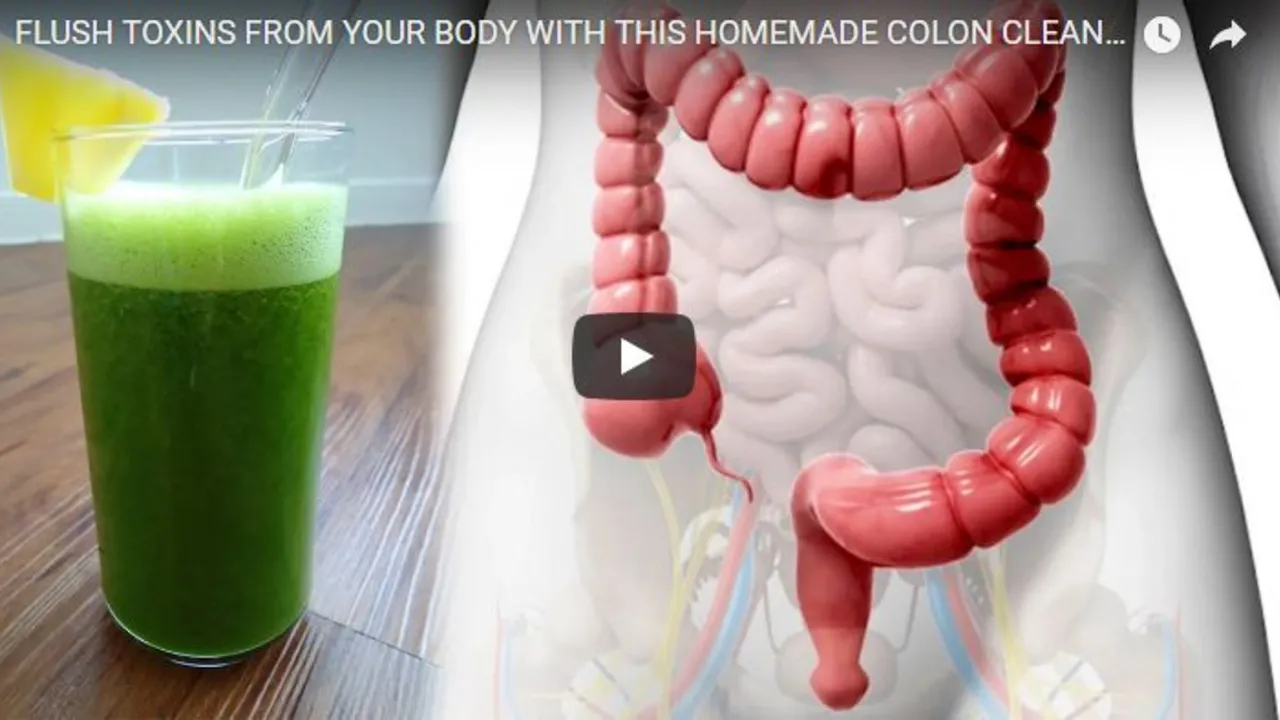Colon Cleansing: What It Is, How to Do It Safely, and Why It Might Help
If you’ve ever felt bloated or sluggish after a heavy meal, you might have heard about colon cleansing. In plain terms, it’s a way to clear out waste from the large intestine so everything runs smoother. Some people swear by it for a quick “reset,” while others see it as just another health fad. Below we break down why folks try it, simple ways to support your gut, and what to watch out for.
Why People Try Colon Cleansing
Most folks go for a cleanse because they want a lighter feeling in the belly. A buildup of stool can cause gas, constipation, or that “full” sensation even when you haven’t eaten much. Athletes and people preparing for medical procedures (like colonoscopies) also use a clean‑out to make the exam clearer. While there’s no magic cure‑all, many report a boost in energy after a gentle reset, mainly because their digestion works more efficiently.
Easy Ways to Support a Healthy Gut at Home
The safest start is to drink plenty of water—aim for at least eight glasses daily. Water helps soften stool and moves it along. Add high‑fiber foods such as fruits, vegetables, whole grains, and legumes; fiber adds bulk and pulls waste out naturally. If you need a little extra push, try soluble fibers like psyllium husk mixed with water, which acts like a mild laxative without harsh chemicals.
Probiotic foods—yogurt, kefir, sauerkraut, kimchi—feed good bacteria that keep the colon working smoothly. A simple daily habit is a cup of warm lemon water in the morning; it stimulates digestion and adds a bit of vitamin C. For those who want a stronger cleanse, short‑term use of over‑the‑counter osmotic laxatives (e.g., polyethylene glycol) can be effective, but always follow the label and limit use to a few days.
Some people experiment with coffee enemas or herbal teas like senna. These methods can be harsh and may cause electrolyte imbalance if overused. If you consider them, talk to a healthcare professional first.
Safety tips: Skip colon cleansing if you’re pregnant, have inflammatory bowel disease, severe hemorrhoids, or any heart condition that makes dehydration risky. Always start with gentle options—water, fiber, and probiotics—before moving to stronger products. If you notice cramps, dizziness, or persistent diarrhea, stop immediately and seek medical advice.
In short, a colon cleanse isn’t necessary for everyone, but supporting your gut with good hydration, fiber, and probiotic foods is a simple daily habit that most people can handle safely. When you decide to try a more intensive reset, keep the process short, stay hydrated, and get a professional’s OK if you have any health concerns.

The Benefits of Colon Cleansing for Constipation Relief and Prevention
As a health-conscious guy, I've always been curious about various ways to maintain my body's health. Recently, I discovered the benefits of colon cleansing for constipation relief and prevention. Believe me, this practice is incredibly effective and gives a lot of relief! I'm glad I explored it, primarily because it's been a huge benefactor in upholding colon health. So, join me in learning about this effective method of ensuring a smoothly functioning digestive system.